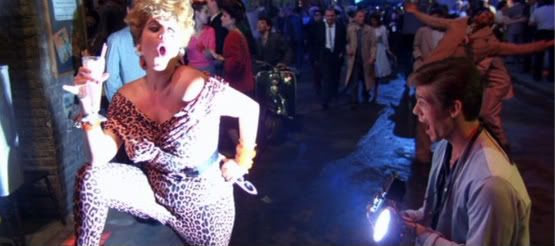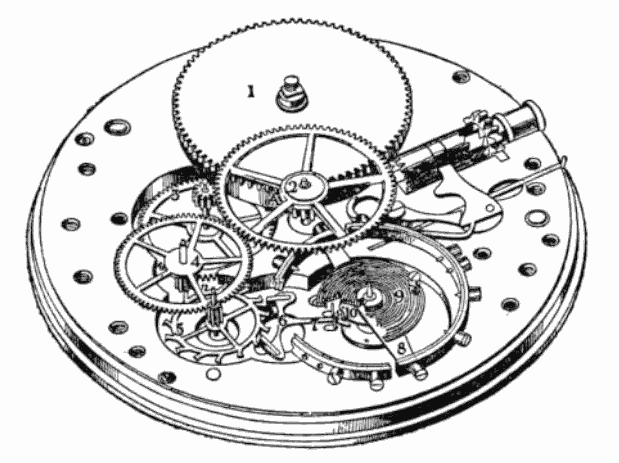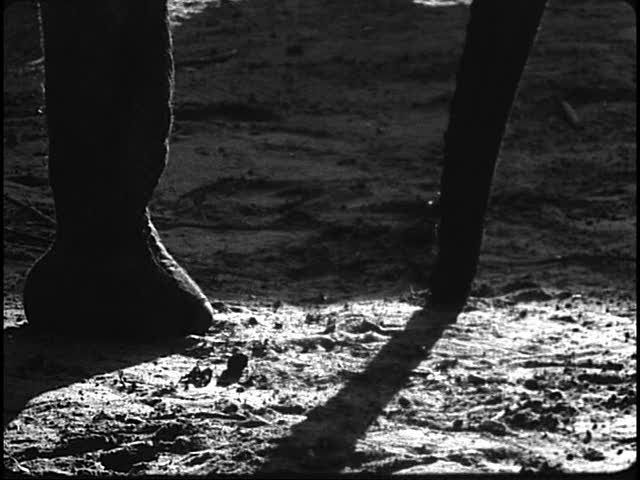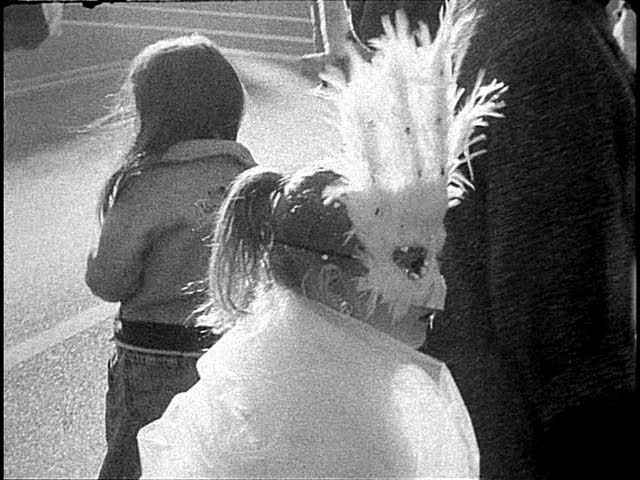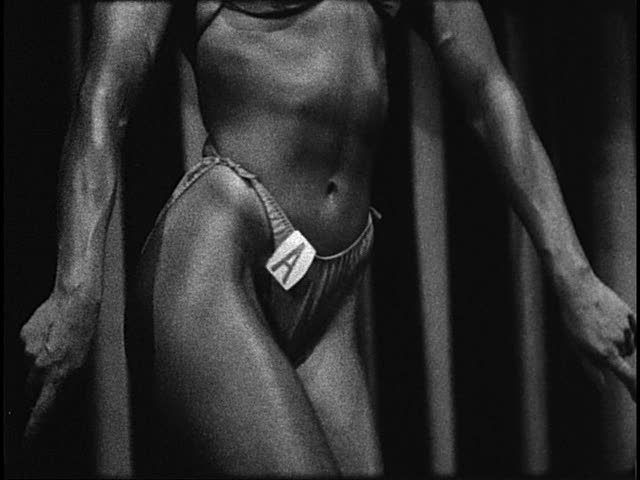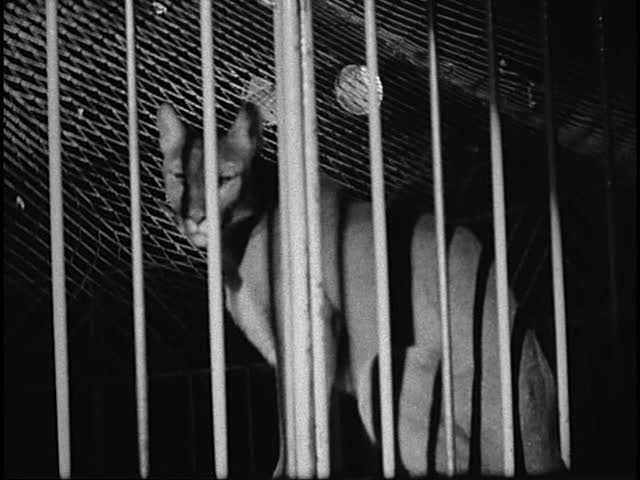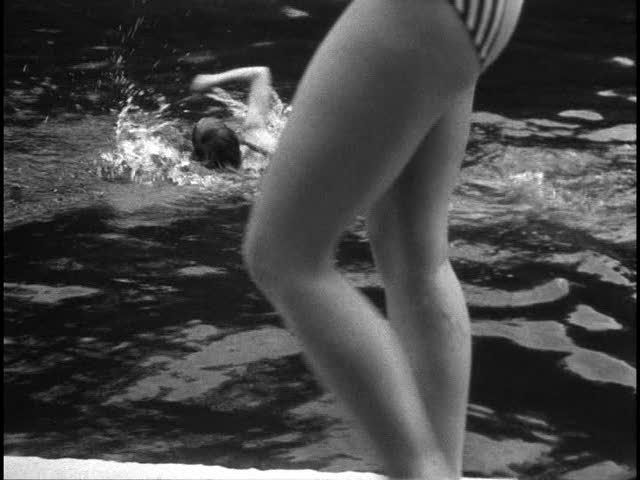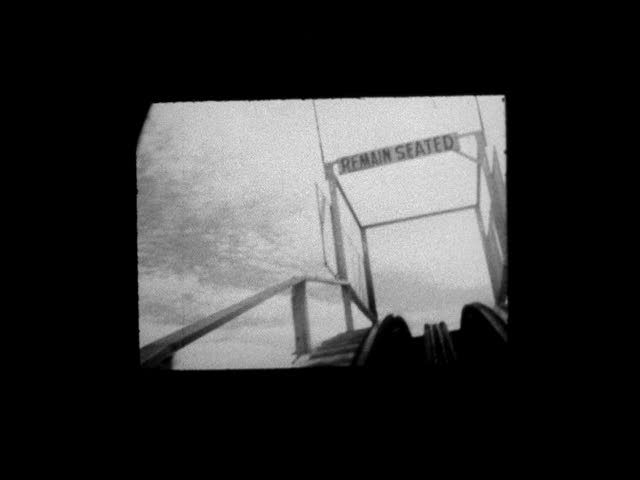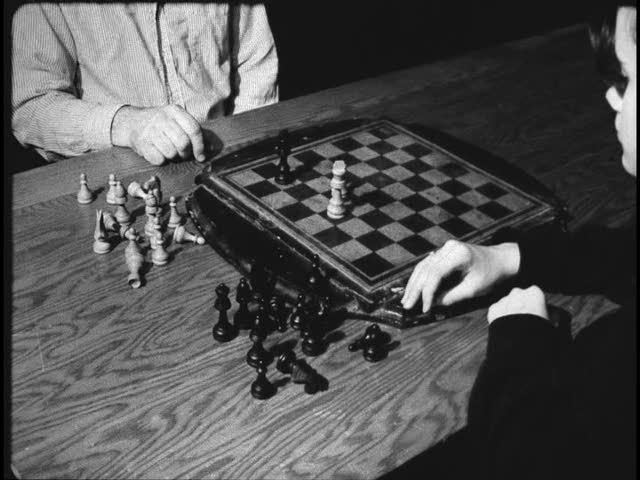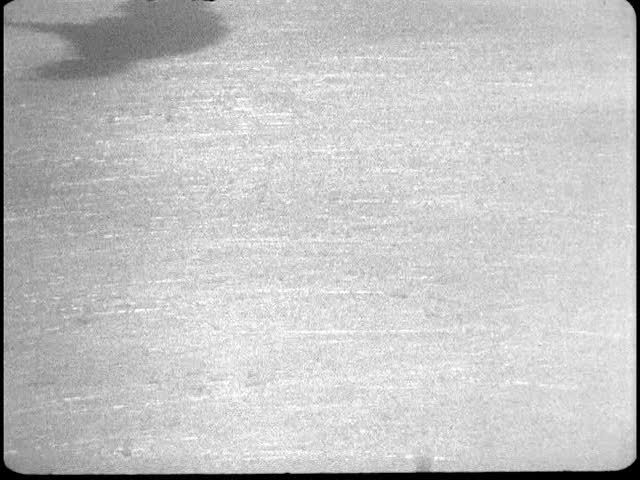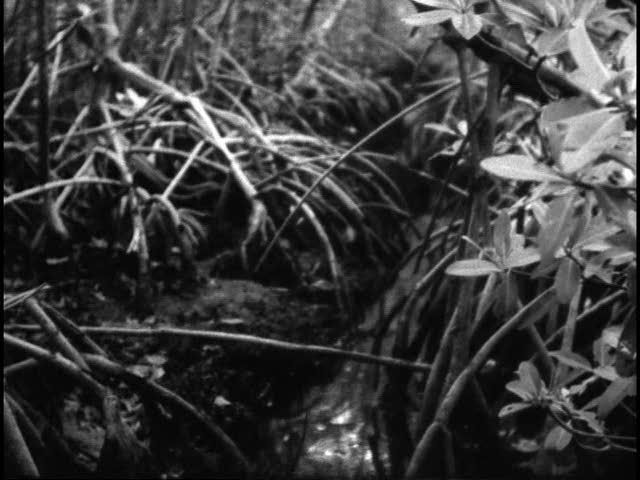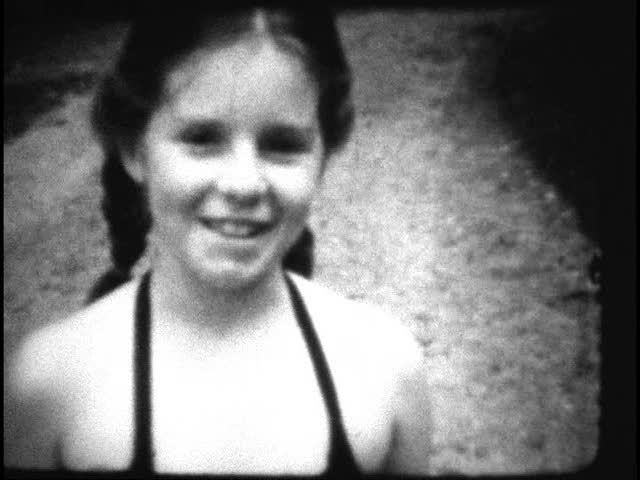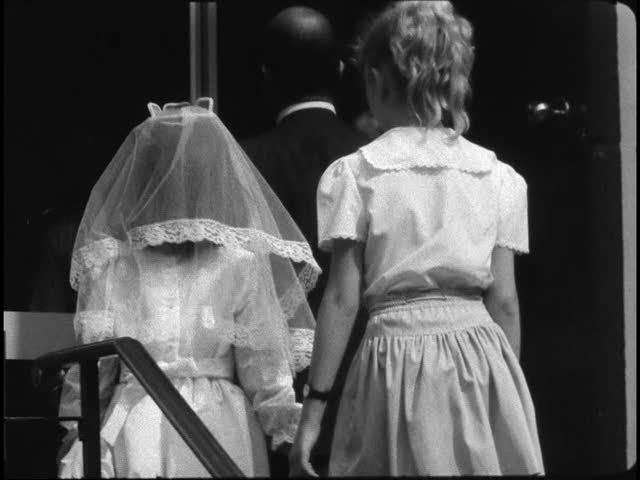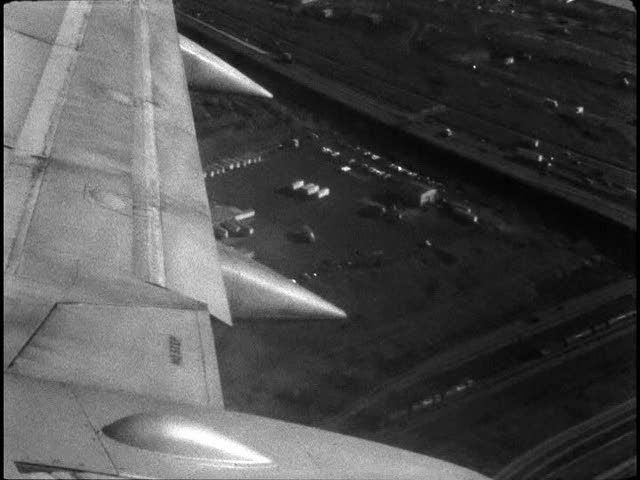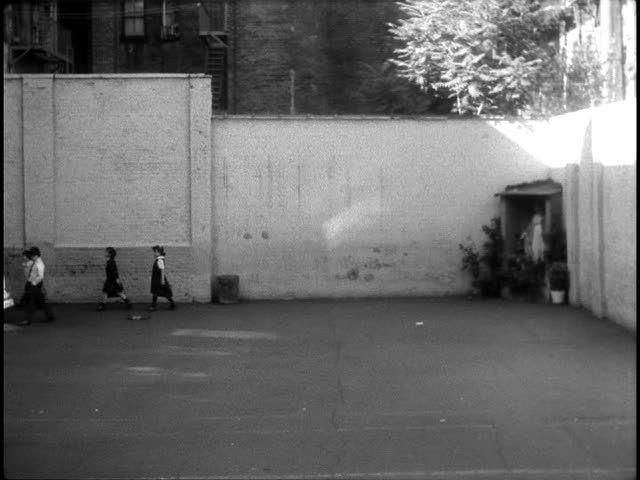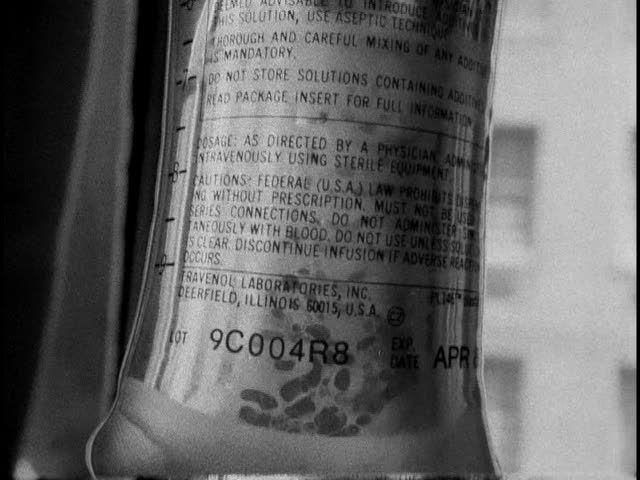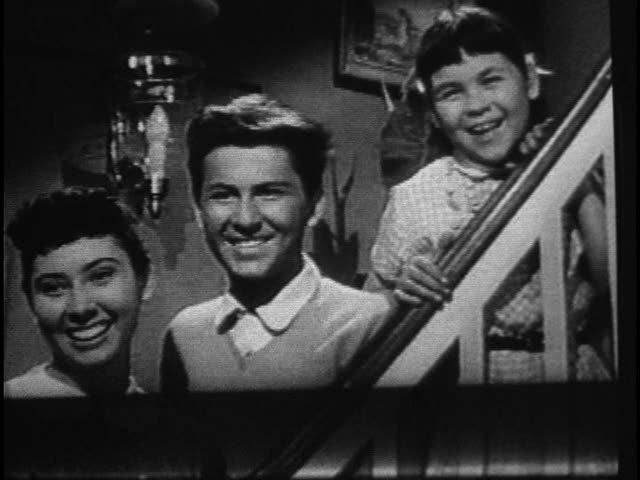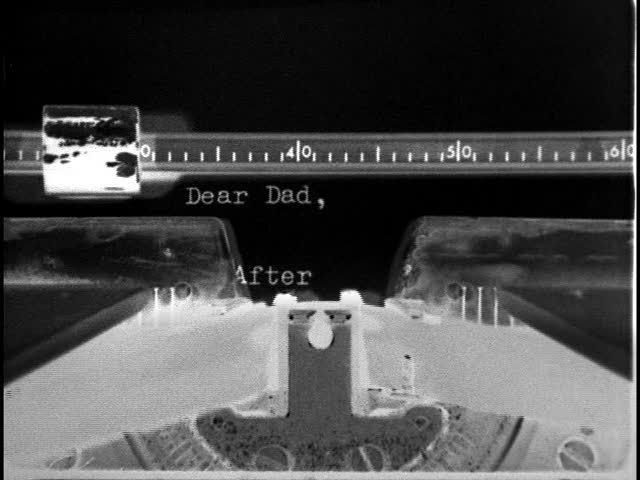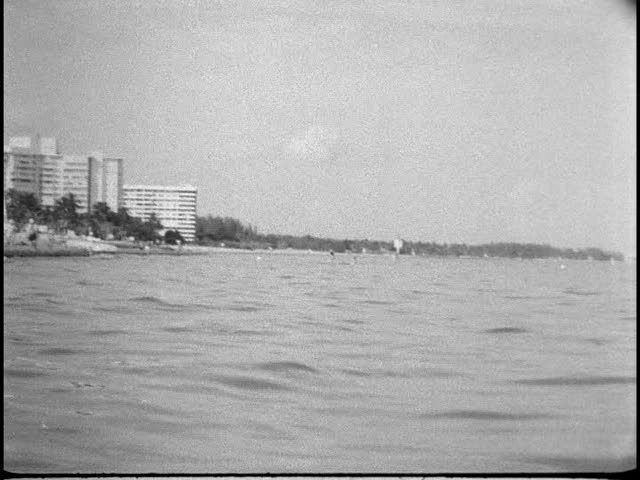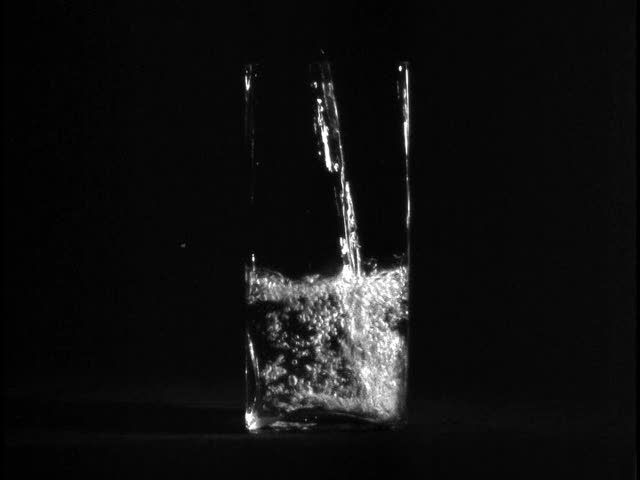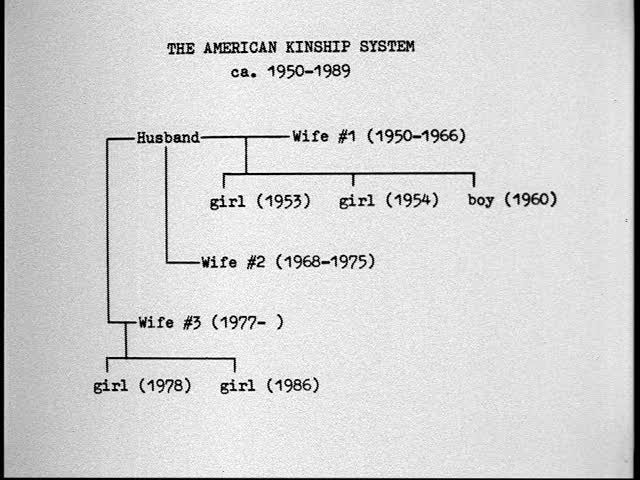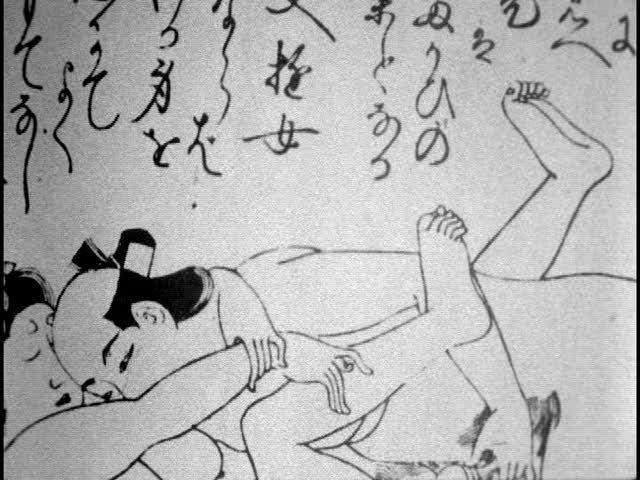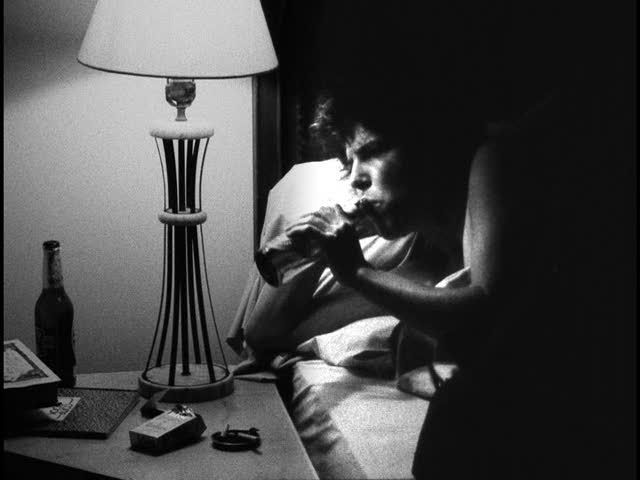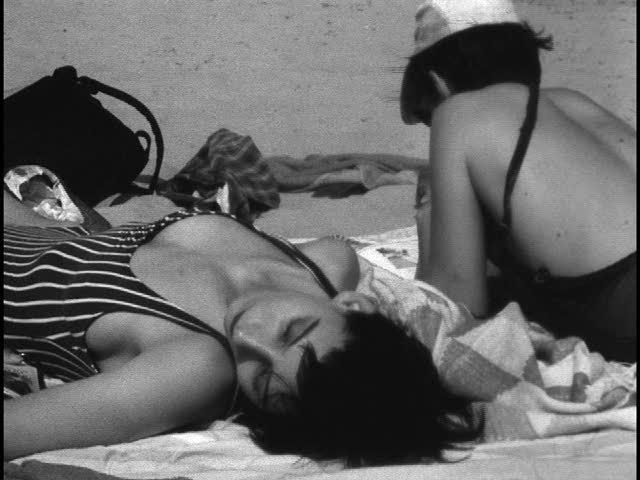
The complex color palette of lighting
I have to admit Absolute Beginners was a little inscrutable for me. It was not quite like any other film experience I've had. For starters, it was tremendously busy visually. Tonally, it straddles camp, nostalgia, and bathos. Its reference and sensibility is distinctly British. (I still haven't figured out what Teddy boys were about.) To my eyes at least it's neither popular cinema nor art cinema, but some in-between.
So let me just toss out some assorted ideas, some of which dovetail with what others have been saying here and in the comments.
The Lost Decade. Ignatiy refers to the 1980s as a lost decade. I think he diagnoses how cinephilia has tended to overlook it. I don't think Absolute Beginners solves that for me entirely (it lacks the formal and narrative rigor I've come to love), but it does remind me that 1980s cinema had a remarkable complexity - visually, narratively, and politically. For the film historian, there's the exciting possibility that we can draw connections between filmmaking practices (Hollywood, art film, British television) previously thought separate.
Genre. Absolute Beginners seems to tap into a wider British nostalgia film (Terrence Davies) and the subgenre of pop-music nostalgia film (The Commitments, for instance). How would people classify this film? How did contemporary viewers classify it?
High Concept Art Film. Justin Wyatt has argued that a high concept approach defined post-1075 and particular 1980s Hollywood, distilling down the visual style and simplifying narrative structure and subsuming both to the logic of marketability. Arguably, a similar transition affected European art and popular cinema, such as in France's cinema du look. Here, too, there's a hyperstylization that exploits the saturation of newer film stocks and borrows from music video and advertising, only without the clear marketing hook of the Hollywood narrative.
The Lost Decade. Ignatiy refers to the 1980s as a lost decade. I think he diagnoses how cinephilia has tended to overlook it. I don't think Absolute Beginners solves that for me entirely (it lacks the formal and narrative rigor I've come to love), but it does remind me that 1980s cinema had a remarkable complexity - visually, narratively, and politically. For the film historian, there's the exciting possibility that we can draw connections between filmmaking practices (Hollywood, art film, British television) previously thought separate.
Genre. Absolute Beginners seems to tap into a wider British nostalgia film (Terrence Davies) and the subgenre of pop-music nostalgia film (The Commitments, for instance). How would people classify this film? How did contemporary viewers classify it?
High Concept Art Film. Justin Wyatt has argued that a high concept approach defined post-1075 and particular 1980s Hollywood, distilling down the visual style and simplifying narrative structure and subsuming both to the logic of marketability. Arguably, a similar transition affected European art and popular cinema, such as in France's cinema du look. Here, too, there's a hyperstylization that exploits the saturation of newer film stocks and borrows from music video and advertising, only without the clear marketing hook of the Hollywood narrative.

The visual language of music video.
Pop Music. David Bowie and Ray Davies both reprise their star images in this – and contribute to the soundtrack – but the pop musical influence seems to run deeper. There's the nostalgic bent in 80s UK pop (Tracey Ullman, the Bluebells, Madness, the Smiths, etc.) And, too, sophistipop had a similar combination of jazz and pop music idiom that seems to inform Absolute Beginners. I kept think of Simon Frith's terrific essay "Art Ideology and Pop Practice"... I don't his reading of 80s British pop music fully explains this film, but it goes a long way.
Ideology. It's probably cliché to read all of 80s British cinema as about Thatcherism, but Absolute Beginners seems to be about, well, Thatcherism.

Wolfenden meets Handsworth Riots: the specificity of British history.

